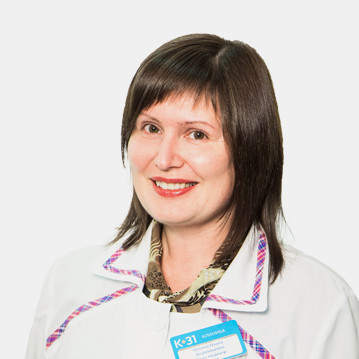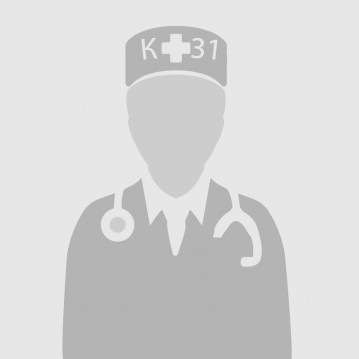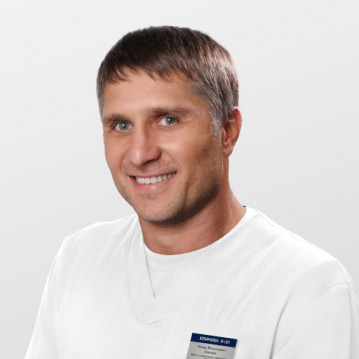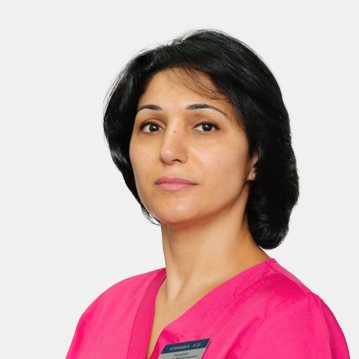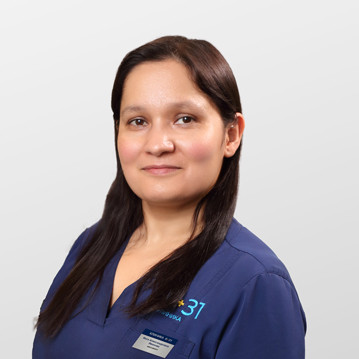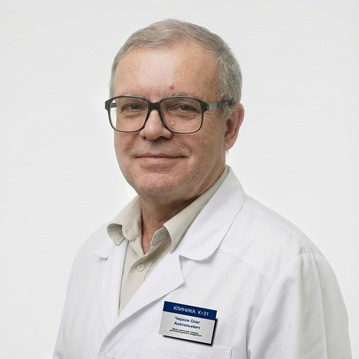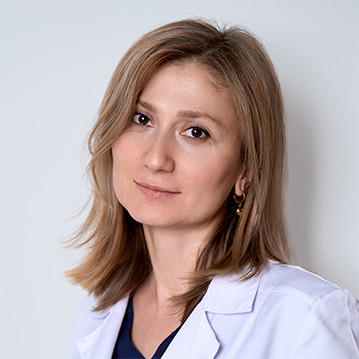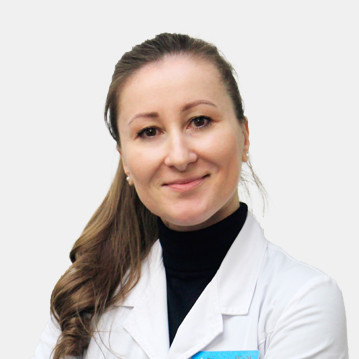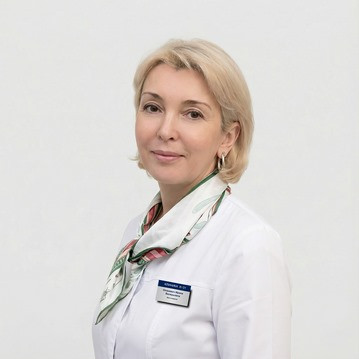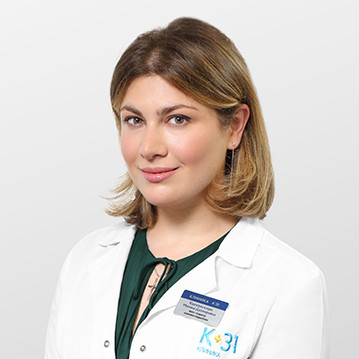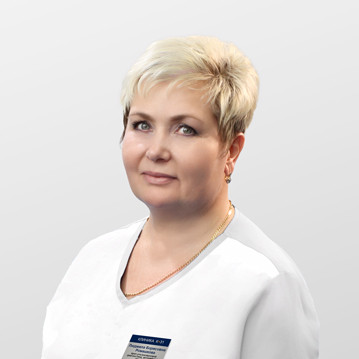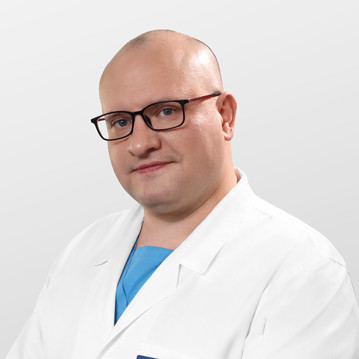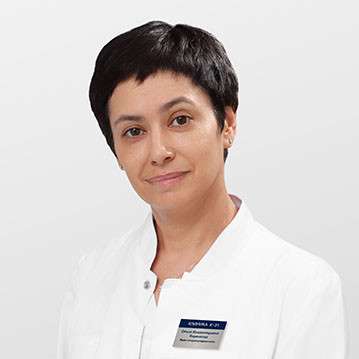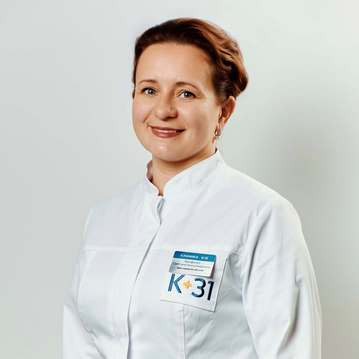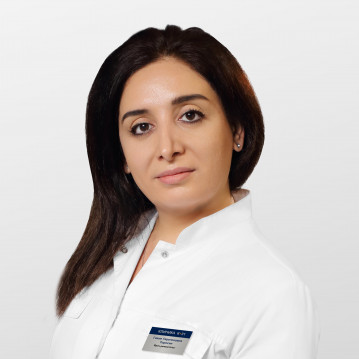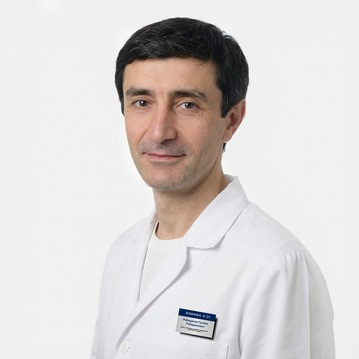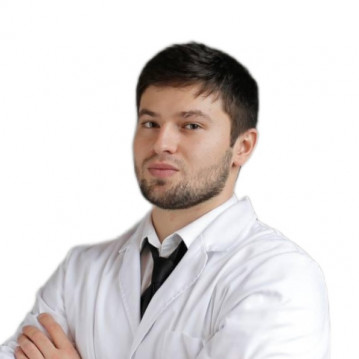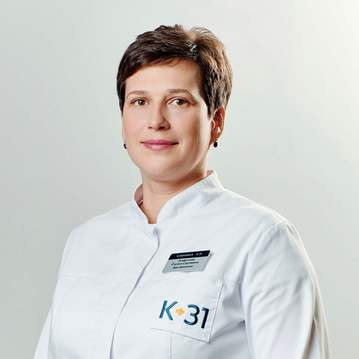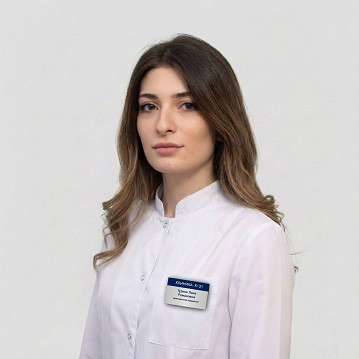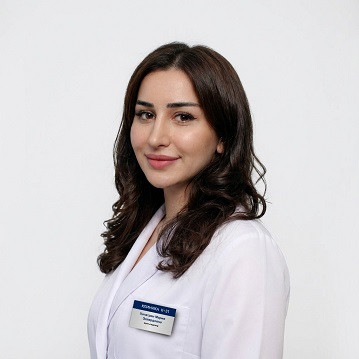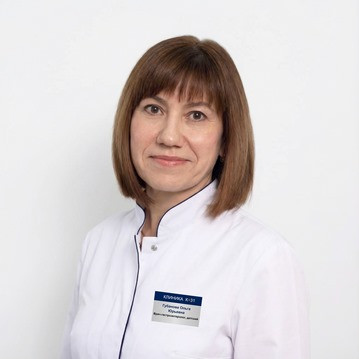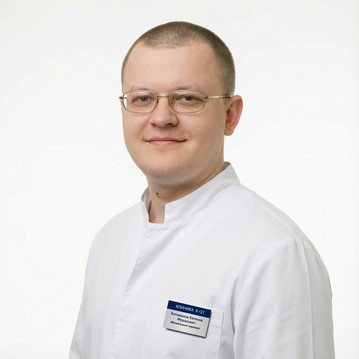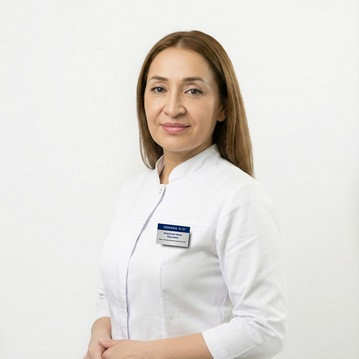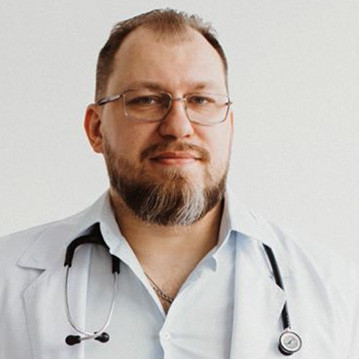The regulation of chemical and physical processes in the body is carried out with the help of subtle mechanisms for the release and breakdown of hormones - substances produced by the endocrine glands. Entering the blood in microdoses, they are able to influence all the vital systems of the child. Violation of the endocrine system in childhood negatively affects growth and development, so it is important to recognize in time symptoms and start treatment. This is the science of endocrinology, and endocrine diseases are treated by an endocrinologist.
The role of the endocrine system in a child's life
The endocrine system is represented by the thymus gland, pituitary gland, pineal gland, hypothalamus, adrenal glands, pancreas, as well as the thyroid, parathyroid and gonads. Regulatory cells are located in the gastrointestinal tract and kidneys.
The functions of hormones in children:
- Provides growth, mental and physical development.
- Participate in the formation of immune defenses.
- Help digestion.
- Maintain blood glucose levels, as well as blood pressure and body temperature.
- Responsible for the functioning of the thyroid gland and the stage of sexual development.
- Regulate feelings of hunger, thirst, satiety.
- Carry out the exchange of calcium and phosphorus, prevent increased bone fragility.
- Relieve inflammation.
- Provides quick responses to situations, including those that pose a threat to health or life.
Many hormones are interconnected - the level of some determines the need to produce others.
The work of the endocrine system, the peculiarities of hormonal regulation in children differ from adults, therefore, the examination and examination of the child is carried out by a pediatric endocrinologist. He, if necessary, prescribes treatment and subsequently observes a small patient. Timely assistance will avoid damage to the endocrine system in adulthood and avoid removal of the thyroid gland.
